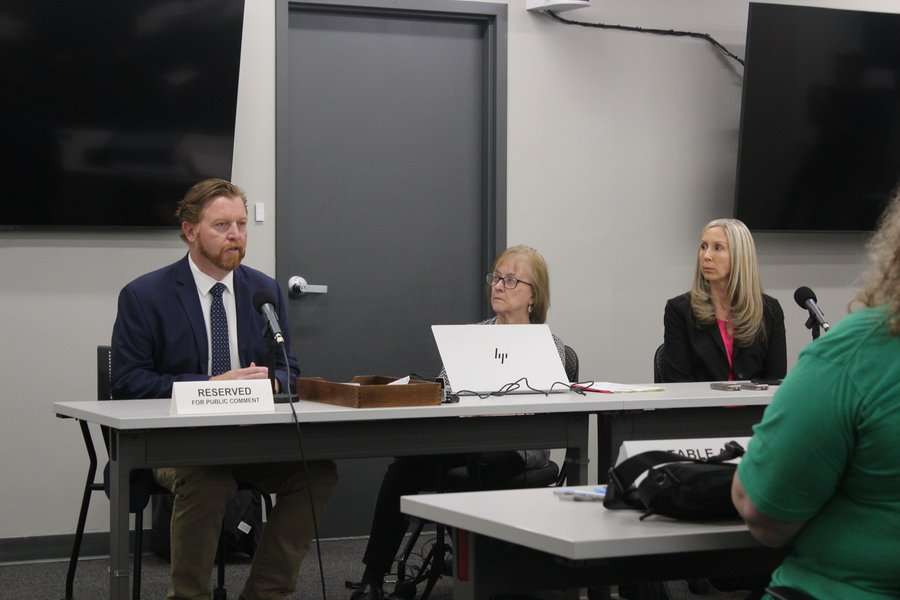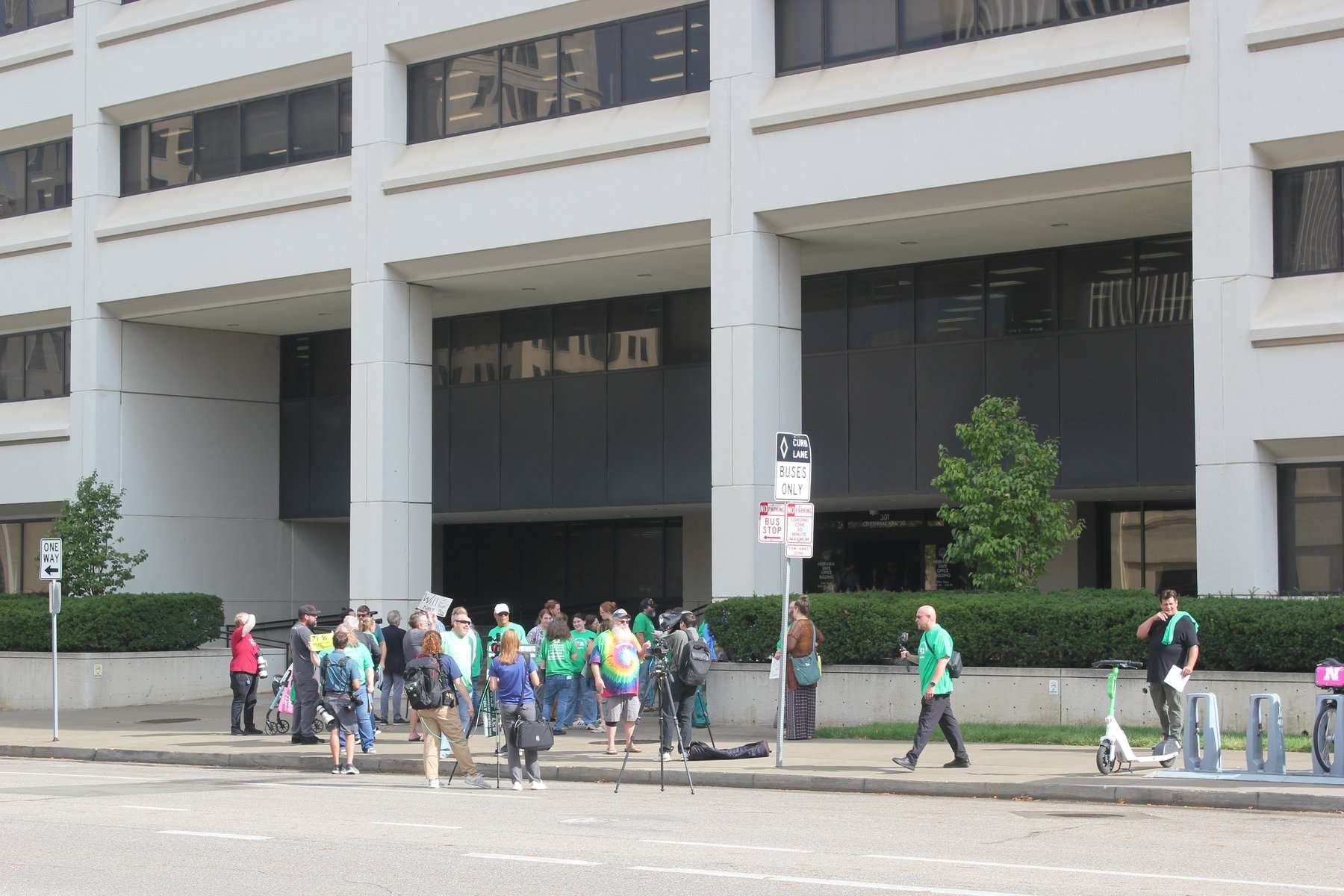
Lincoln, Neb. - Dozens of Nebraskans told state regulators this week that proposed emergency rules for medical cannabis are so restrictive they would deny patients meaningful access — even though voters approved legal medical marijuana by a wide margin in 2024.
At a public hearing this week, medical-cannabis patients, advocates and industry representatives urged the Nebraska Medical Cannabis Commission to loosen proposed rules they say conflict with the ballot measure approved by voters in November 2024. Critics faulted limits on growers, bans on common products and procedural moves that they say will drive up prices, create shortages and make legal access impractical.
The referendum voters passed — known as the medical-marijuana initiative (Initiative 437) — allows qualified patients to possess up to five ounces of cannabis for medical use. Supporters say the measure passed with broad voter support and intended to allow patients practical, affordable access to plant-based medicine.
But the emergency rules proposed by the commission and signed by Governor Jim Pillen place several strict limits. Key elements that drew the most criticism at the hearing include: a cap of 1,250 flowering plants per licensed cultivator and a maximum of four cultivator licenses statewide; bans on sales of raw plant “flower” and on products that are smoked, vaped or combusted; and limits on the number and distribution of dispensaries (including proposals to limit dispensaries to one per judicial district). Advocates argue those limits will guarantee high prices and shortages and conflict with the ballot language, which refers to plant material.

The hearing drew anger not only over the substance of the rules but over process: commission members did not attend in person, prompting some testifiers to accuse the panel of ignoring patients and the public. Several news outlets reported that frustrated Nebraskans described the regulations as effectively nullifying what voters approved.
Governor Pillen has previously signed emergency implementation rules that allow the state to begin licensing and regulating the medical-cannabis program while permanent rules are developed; Pillen also requested the plant caps that appear in the draft rules. The rules will be in effect for up to 90 days while the commission considers amendments and while state officials review them. Final rules still face review by the governor and attorney general and may prompt legal challenges.
Attorney General Mike Hilgers has been a vocal opponent of broader cannabis liberalization and previously led efforts to shape how medical-cannabis legislation is implemented. Legal experts say that after emergency rules are filed they can be challenged in court on grounds that they conflict with the statutory language approved by voters.
Industry stakeholders warn the cultivator cap and small number of licenses will create bottlenecks. Regulators estimate the initial program could serve tens of thousands of patients; opponents say the proposed plant and license caps are too low to meet projected demand and will leave patients dependent on illicit sources or unable to access medicine at reasonable cost.
What’s next: the emergency rules remain in effect short term while the commission considers revisions and the administration completes its legal review. Advocates say they are prepared to pursue administrative appeals or court challenges if the rules remain too restrictive; lawmakers and public-interest groups may also push for legislative or legal remedies.




